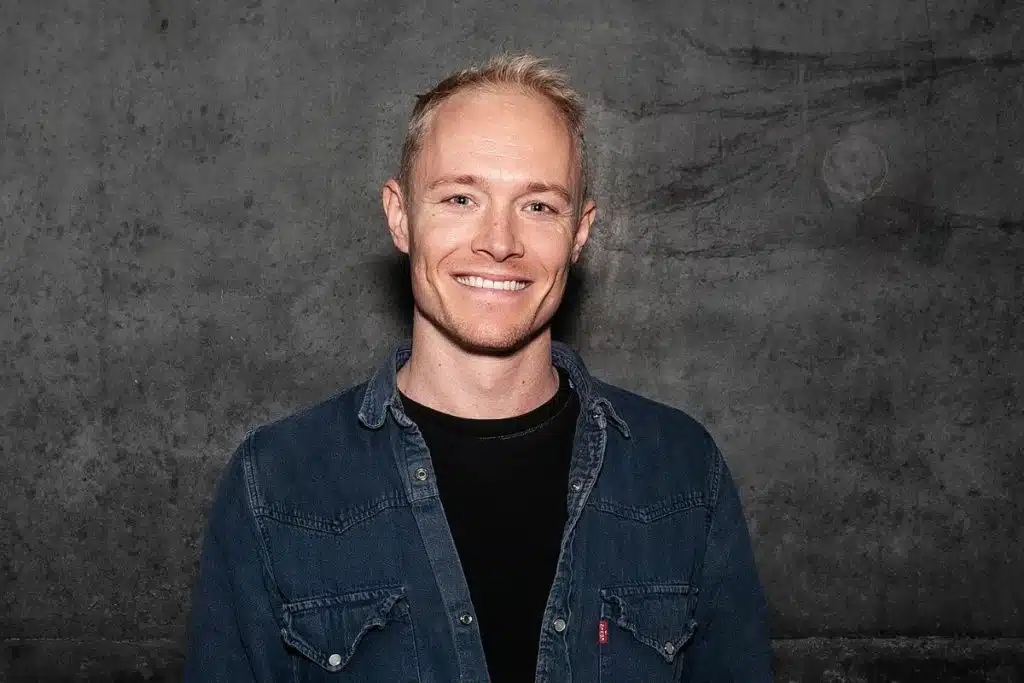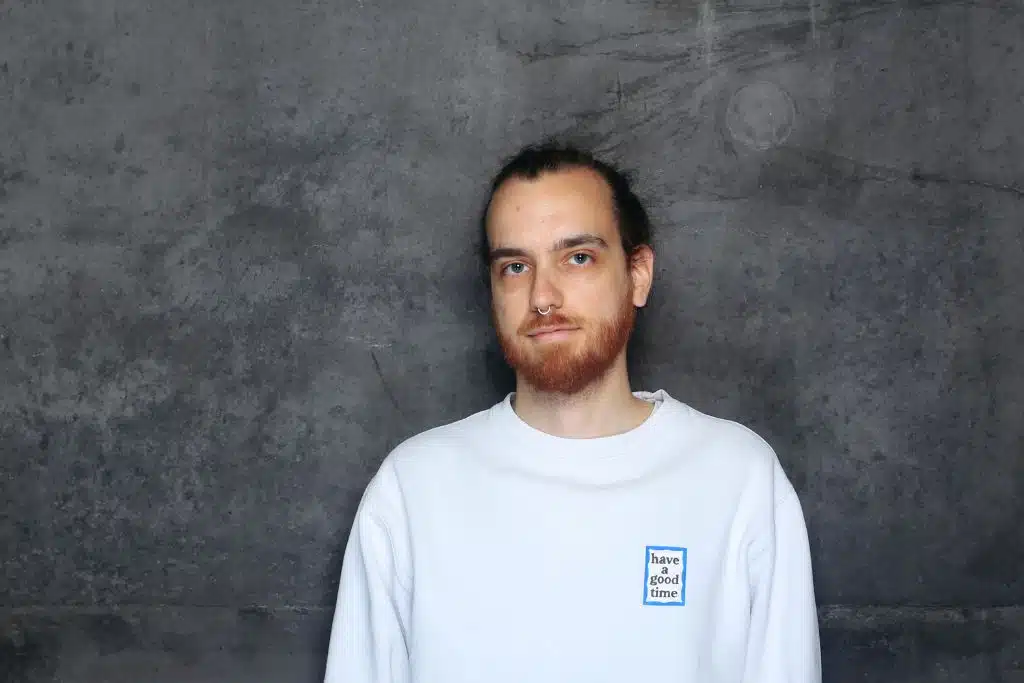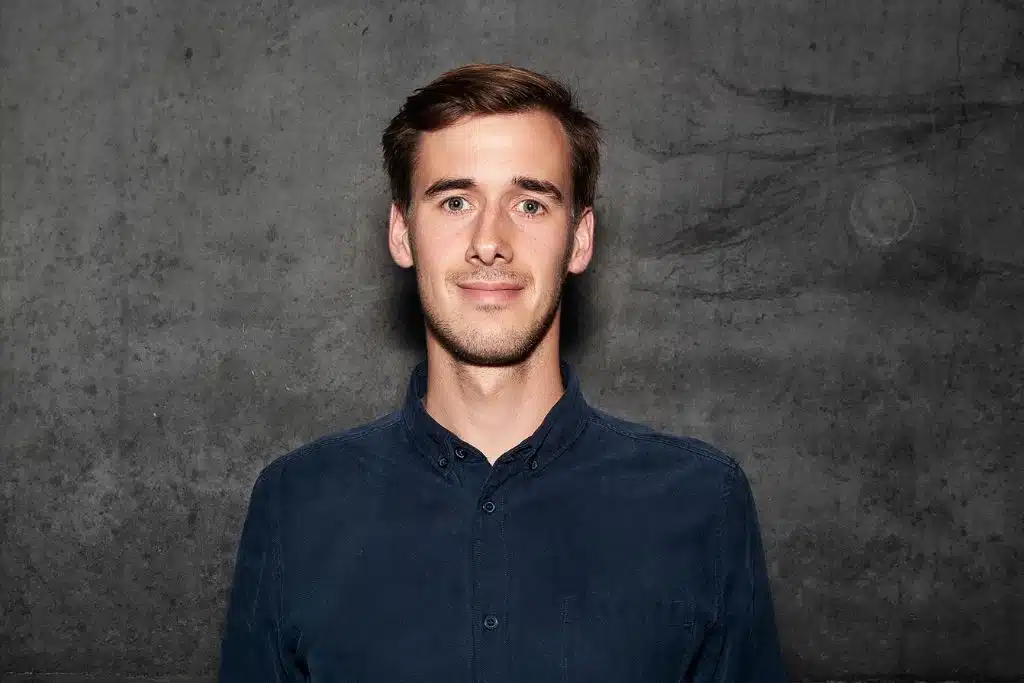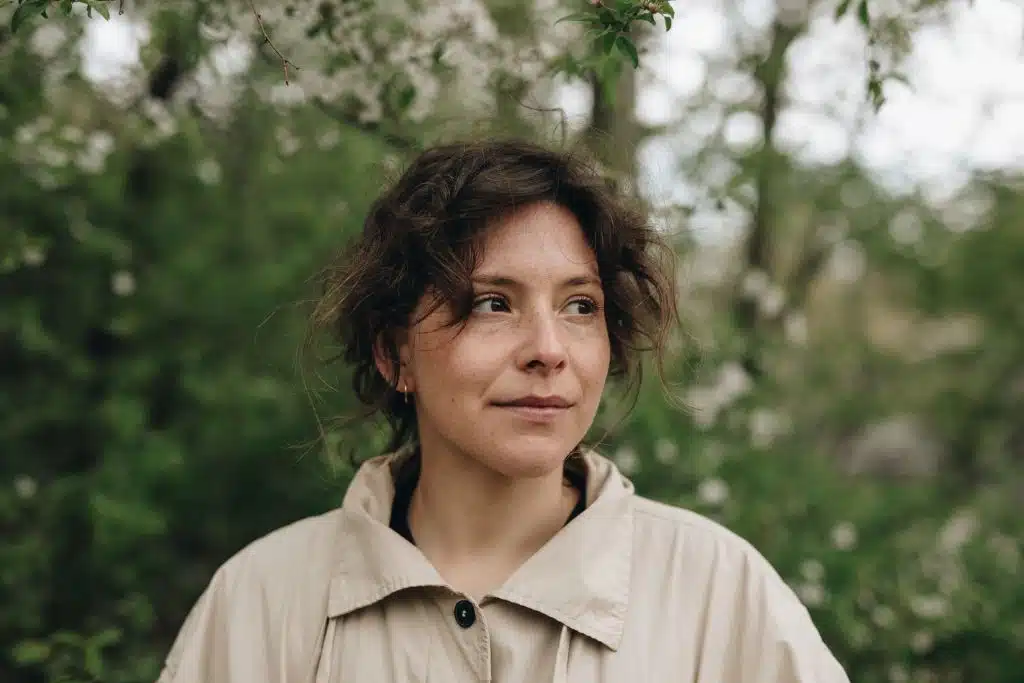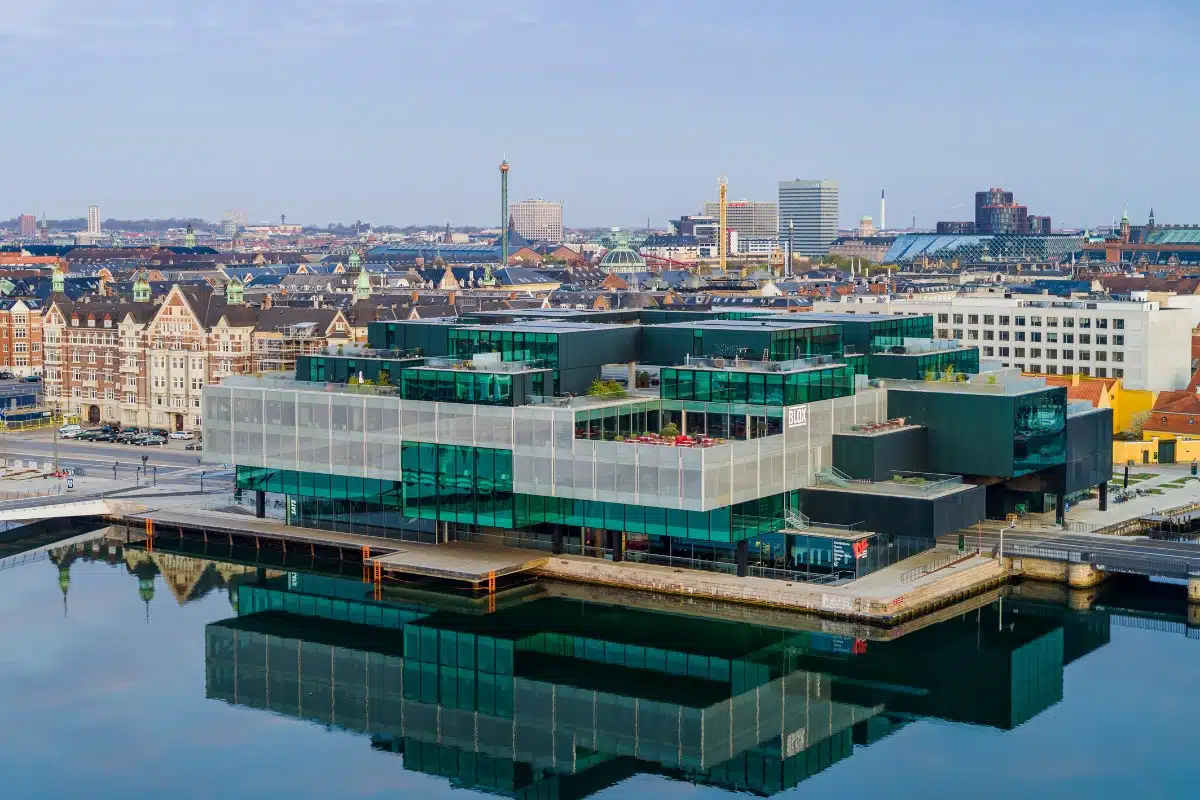
Industrial PhD Projects at Danish Architecture Center
At Danish Architecture Center, we strive to develop and disseminate knowledge about the built environment. As part of these efforts, DAC continually helps develop Industrial PhD projects that can contribute new research in the field.
Danish Architecture Center develops and disseminates knowledge about architecture, urban planning and design. Our prime objective is to contribute to the conversation about how our physical surroundings shape our lives. To this end, DAC regularly initiates new Industrial PhD projects in close collaboration with Danish universities. The aim is to develop insights for the benefit of the industry in general and society as a whole. We work with projects that broaden our knowledge in areas such as sustainable urban development, innovation in construction, and communicating architecture.
The following presents a selection of the PhD projects that DAC has already helped realize.
Ongoing projects
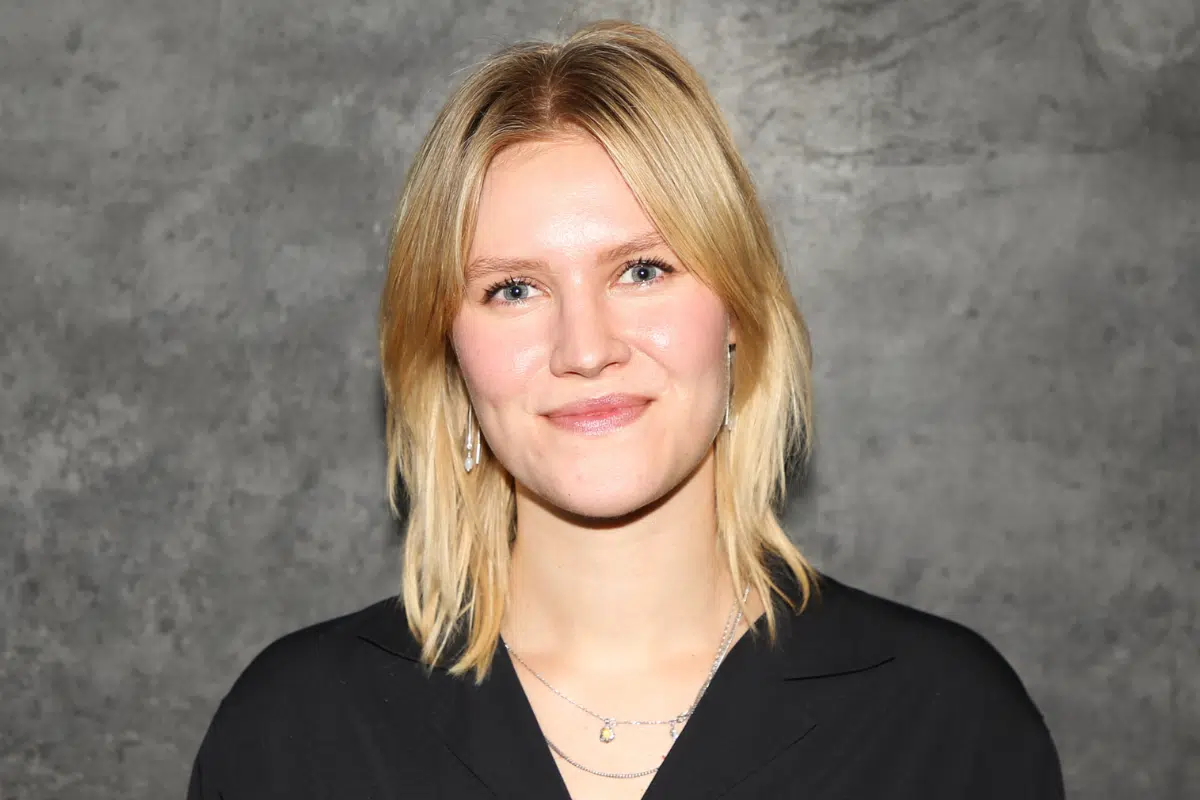
Nikoline Leth Jepsen
More-than-human cities – From strategies and plans for biodiversity and urban nature to urban spaces
The Royal Danish Academy
Project period: 2023-2026
In a nutshell, what is the topic of your PhD project?
I’m investigating the strategic approach to urban nature and biodiversity in current urban planning practices. With outset in municipal practices, I’m investigating how plans and strategies for urban nature and biodiversity are realized in urban spaces, and what understandings of biodiversity form the basis for such practices.
What makes your research relevant?
In light of the Anthropocene age, urban planning and architecture are facing a challenge: Can urban development and biodiversity co-exist?
Traditionally, urban planning has centered around humans, but now there is an increasing interest in integrating biodiversity into cities. This challenges common urban planning practices, which now have to take into account more-than-human values and political priorities that will impose new demands on the way we develop cities in the future.
What are you hoping to gain from writing an Industrial PhD?
I’m hoping for a lot of things, but the truth is that research usually mostly contributes to creating a deeper understanding of a subject rather than providing actual “solutions”. Nevertheless, I’m hoping that this project can form the basis for urban planning stakeholders to get a more holistic common language when working with inclusion of more-than-human stakeholders in urban development, and that they can gain an understanding of the spatial initiatives this work adds to urban spaces.
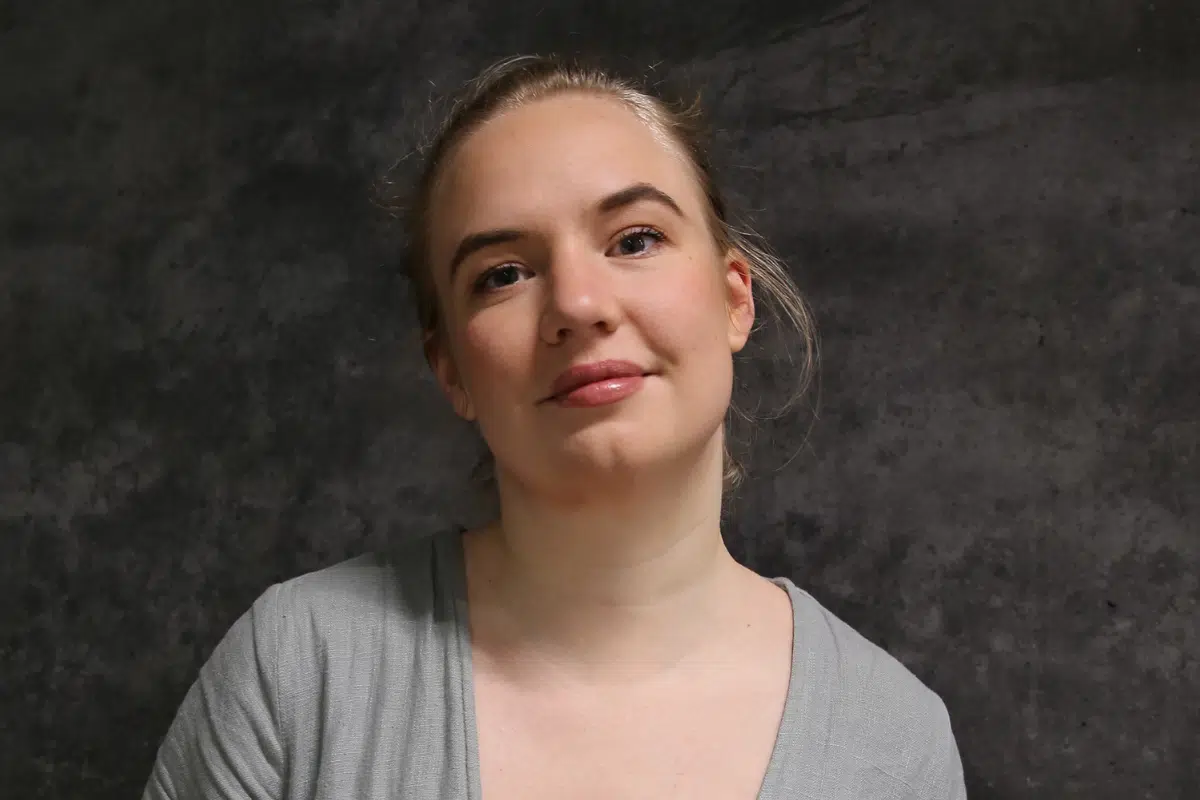
Carina Rosborg Thornval
Communications technology and meaning-formation processes in urban development
The Royal Danish Academy – Architecture, Design, Conservation
Project period: 2022-2025
In a nutshell, what is the topic of your PhD project?
The aim of this PhD project is to understand how social media, news media and the public debate in general affect dynamics of meaning in urban development projects. I’ve decided to focus on the large urban development project Lynetteholm, because the project has sparked intense debate, and continues to do so. What is at stake, and what significance does the nature of the public debate have for such a project? The project is therefore largely about understanding the conditions for the democratic dialogue on urban development.
What makes your research relevant?
The Danish government is about to implement ever more ambitious initiatives to solve complex and multi-faceted problems faced by the population. You could say that today it is crucial that the democratic dialogue with and within the population (our traditional objective in Denmark) is maintained to ensure that such implementation processes can be realized. At the same time, information and communications technologies have changed the conditions for this dialogue. We have to understand these new conditions and their consequences to further understand how we create the best conditions for democratic dialogue in the future. So far, I have used methods such as digital ethnography to analyze the debate on Lynetteholm, to understand how consensus and the dynamics of polarization may arise, and to understand what is important for how they develop.
What are you hoping to gain from writing an Industrial PhD?
I’m hoping to identify where and how the dynamics of meaning and polarization unfold in the public debate on urban development. Further to this, my ambition is to clarify how to promote conditions for growth in urban development debate in the future. Personally, I’m hoping to build up research skills during my industrial PhD, so I can continue to contribute to clarifying the relationship between sociality and technology.
Completed projects
Anders Brøndum Klein
Co-creation Processes Have Yet to Prove They Work
Kollektiv meningsdannelse iblandt heterogene aktører i eksperimentelle samskabelsesprocesser (Collective meaning formation among heterogeneous stakeholders in experimental co-creation processes)
Danish Architecture Center and Copenhagen Business School
2019-2022
In a nutshell, what was the topic of your PhD project?
I investigated how the city’s stakeholders cooperate when solving shared challenges in their city. To do so, I conducted a field experiment in which municipal officials, citizens and stakeholders from the private sector had to work together to solve a problem. My objective was to gain in-depth insight into the dynamics at play when the city’s stakeholders have to work together.
What surprised you most about the process?
I was surprised by how overwhelming it is to dive deep into a subject and trawl through vast amounts of scientific articles. A research topic is an inexhaustible source of information that you never really get to the bottom of. It sounds like a cliché that the more information I read, the less I realized I actually knew. Nonetheless, that was my experience.
What is the most important thing you have learned from writing an Industrial PhD?
I have learned to value criticism. In academia, critiquing others and receiving criticism is a point of honor. Criticism can punch holes in a scientific theory, forcing you to rethink and improve it. It took a little while, but I eventually got used to the jargon and appreciated just how valuable that type of criticism is. By the end, I had even learned to feel genuinely thankful for the criticism.
What impact has your PhD project had on you, personally?
It has been an eye-opening experience to be back in academia. My Industrial PhD project provided an opportunity to slow things down and immerse myself in a relevant issue. I hoped, perhaps naively, that my research could shed light on the issue and make the world a bit easier to understand. But I quickly found that the world opened up and became more complex as my studies progressed. It has been an educational journey that will continue after my project is complete.
What key learnings resulted from your project?
Through my research, I identified three underlying mechanisms at play in co-creation processes that limit the chances of city stakeholders achieving consensus. I call them: Alternative shared sense-making, Strategic polarized sense-making, and Pragmatic separated sense-making. They limit, each in their own way, the stakeholders’ ability to integrate, adapt or combine their ideas with those of others – and ultimately the chances of achieving innovative solutions.
What makes your research relevant?
The world’s cities are facing a pressing challenge: How to promote economic prosperity and social cohesion while at the same achieving environmental sustainability. In response to this complex challenge, a diverse range of new, experimental co-creation processes has cropped up in cities around the world. The aim is for stakeholders from the public, private and civil sectors to work together on the sustainable urban solutions of the future. But in reality, these cross-sectoral co-creation processes have yet to prove that they work. The professional and cultural backgrounds of stakeholders can make it difficult for them to cooperate and form meaning across the sectors. It is therefore relevant for all city stakeholders – theoreticians, practitioners and managers – to understand the subtle processes that can occur when they try to co-create the solutions of the future.
What are the perspectives for your research?
My research findings can help explain why cross-sectoral co-creation processes have yet to prove they work. Research tends to focus on improving urban co-creation processes rather than on conducting in-depth analyses of the processes themselves – and of their consequences. In my research, I have attempted to conduct a critical analysis of these processes, and my findings shed light on the fundamental challenges and risk factors of these processes.
See the entire PhD project here.
Petros Ioannidis
Hybrid Experiences in Museums
Hybrid Experiences in Museums (DAC): A design-after-design Approach
Danish Architecture Center and IT University of Copenhagen
2019-2022
In a nutshell, what was the topic of your PhD project?
In museums, each visitor interacts based on their personal motives. That occasionally results in visitors engaging with installations in unpredictable ways. My research focuses on how visitors discover new purposes for hybrid (physical and virtual) installations through play.
What surprised you most about the process?
I was surprised by the ingenuity of the visitors. I found the way they engage with the exhibition space and the installations very fascinating. Even after months of deploying an installation, visitors displayed new and interesting behavior.
What is the most important thing you have learned from writing an Industrial PhD?
I have learned that it is important to have a good project plan and to follow your curiosity. And even though theory is important, I found it was even more important for me to remember that the users and visitors were the primary focus of my work.
What impact has your PhD project had on you, personally?
My PhD project helped me to advance my professional career as a designer, to learn how things are done in a high-performance environment, and to gain in-depth knowledge of a unique problem: designing in the cultural sector with a focus on education and dissemination.
What key learnings resulted from your project?
Museums need to be open to visitors assigning new meanings to their design. They need to engage visitors as early as possible in the design process and allow them to drive the process. Visitors will almost certainly re-assign new meaning to installations, and the institution needs to be open to such a process occurring.
What makes your research relevant?
My research can help institutions and visitors to have an open conversation through the use of installations. My work helps institutions to create an environment inside which visitors provide feedback on their needs and wants through how they use the installations in place. At the same time, my research supports the visitor’s voice, which is an important aspect in cultural institutions that support democratic education.
What are the perspectives for your research?
My research provides a process that institutions can take on when they want to create installations with the help of visitors. Once they apply such a process, the visitors can provide continuous feedback on a specific installation, helping the designers to re-design it so it supports visitors’ needs and wants.
Jonathan Feddersen
Collaborative Innovation Processes at BLOXHUB
The Temporal Emergence of Social Relations: An event-based perspective of organizing
Danish Architecture Center and Copenhagen Business School (CBS)
2017-2021
In a nutshell, what was the topic of your PhD project?
My doctoral research examined how diverse actors engage in collaborative innovation processes to develop sustainable solutions. Empirically, I investigated BLOXHUB’s Match & Create program, a series of collaborative innovation sessions, each gathering 10-15 representatives of different organizations across the private, public, and non-profit sector to develop solutions to a particular sustainable urban development problem (e.g. integrating anti-terror architecture into the urban fabric, developing a one-stop shopping solution for green backyards or envisioning the recycling station of the future).
What surprised you most about the process?
The role that the physical BLOX building attained in my study surprised me. Halfway through my research, in mid-2018, the BLOX building was inaugurated. In the months before, I began to realize the importance of the physical building in facilitating the collaborative processes I was studying. Therefore, I conducted a historical case study of the building, investigating how BLOX became not only an architectural landmark, but also a landmark for sustainable urban development. The building’s patient materiality served as a projection screen for diverse stakeholders and their future ambitions, committing them to collaboration around sustainable urban development.
What is the most important thing, writing a PhD has taught you?
The Industrial PhD taught me to follow unfolding processes in the world of practice, simultaneously with developing abstract analyses and theories based on these observations in the academic realm. Making my results relevant for practitioners again, in turn, took more time and energy than I had anticipated. In my current research, I listen even more closely to the challenges and questions raised by practitioners.
What impact has your PhD project had on you, personally?
Firstly, the affiliation with DAC provided me with excellent empirical access to the opening phase of the BLOX building, as well as to the BLOXHUB Match & Create sessions. Secondly, the Industrial PhD was a stepping-stone to pursuing an academic career. My doctoral research won the 2019 Andreas Al-Laham Best Paper Award and was a finalist for the 2022 Grigor McClelland Doctoral Dissertation Award. DAC provided me with the freedom to conduct cutting-edge research in an inspiring (empirical) environment, which formed the basis for these achievements.
What was the key learning of your project?
My research revealed the temporal suspension of collaborative innovation processes between past and future. Collaborators are working towards an undefined future, while trying to distance themselves from their past. At the same time, experiences made in the past and emerging projections of the future are the only materials at hand from which collaborators may develop innovative solutions. My analysis showed how collaborators in the present drew connections between the reinterpreted past and the imagined future to overcome their temporal suspension. For instance, they searched their respective pasts for knowledge and experiences that could help them move towards the future they envisioned. Conversely, existing knowledge and competencies framed the kind of innovations they imagined. Based on these observations I developed a model of ‘temporal abduction’ that explains how actors configure a shared, collaborative trajectory.
What makes your research relevant?
Collaboration of diverse actors from the private, public, and non-profit sectors is crucial for the development of urgently needed (urban) sustainable solutions. My research reveals how the challenge of such collaborative innovation processes is temporal, and how to sustain successful collaboration by facilitating connections between past and future.
What are the perspectives for your research?
While my results indicate the potential role of material buildings and collaborative innovation sessions, each of these may also have adverse effects. The ‘patience’ of material buildings may create tensions as actors find it hard to collaborate around their contradictory future projections. Likewise, while collaborative innovation sessions potentially enable rapid testing of different ways of connecting past and future, these connections may prove premature, and thus may not endure over time.
See the PhD project here.
Emmy Laura Pérez Fjalland
Photo: Ana Santl
Responsible Food Landscapes of the Future
Rebellious Waste & Food: Searching for reparative futures within urban-rural landscapes
Danish Architecture Center (with funding from Realdania) and the Department of People and Technology, Roskilde University (co-funded PhD)
2014-2018
In a nutshell, what was the topic of your PhD project?
My PhD project examined the sharing economy and planning, with a focus on food landscapes. The way we produce and consume food influences our natural environment and social conditions. But we rarely think about how it also influences the built environment in the form of planning of residential areas, farms, fields, kitchens and supermarkets. Not to mention urban and rural areas, waste management and infrastructure – everything that makes up the framework for our livelihoods. Based on an ethnographic and environmental history study, I explored ways of rethinking these correlations and studied a series of practices that seek to build responsible and viable food organizations.
What surprised you most about the process?
Food differs from other consumables in that it is essential for survival. I was therefore surprised to discover the isolated way in which the city thinks and how the critical infrastructures that sustain urban society are neglected, exhausted and rendered invisible. I was also surprised by how difficult it is to incorporate both rural and urban, social and environmental considerations, as well as human and environmental health and care. At the same time, there was the narrative that researchers are slow and out of touch with “reality”. While many researchers are extremely knowledgeable and have a broad perspective, it surprised me to find that the level of innovation and ambition within many institutions and organizations was in fact quite static.
What is the most important thing you have learned from writing an Industrial PhD?
In an uncertain, project-oriented work culture heavily influenced by consultancies, I found that PhD students can contribute to a more thorough and nuanced understanding of the projects, while providing an expanded range of perspectives.
What impact has your PhD project had on you, personally?
I had the opportunity to specialize and develop a theory as a close collaboration between science and local stakeholders (agriculture, food producers and planners) and thereby contribute with practice-oriented, qualified knowledge. Freedom of research is an invaluable gift because it makes it possible to develop focus and considerations independently of political and business-related interests.
What key learnings resulted from your project?
This is not the first time in human history that we have faced significant climate and environmental changes that will change life as we know it. Planning and architecture are future oriented, but there is a great deal of knowledge, learning, perspective and innovation to be found in the practices that already exist. In light of the current threat, we must ask ourselves what types of landscapes we want to survive in, under which conditions, and how our landscape-forming organizations and actions can contribute to creating viable, fair and resilient landscapes.
What makes your research relevant?
That depends on what is meant by “relevance”, and not least the time frame you are working in. The area of geography I work in is about studying how people, the environment and nature interact – and the conflicts that arise. We live with centuries of landscape organizations and reforms, and by studying current and historical cultural landscapes, I want to expand our understanding of how humans created specific landscape types, and which specific living conditions have evolved as a result of these landscapes – for humans, animals and plants.
What are the perspectives for your research?
Within environmental philosophy, there is an ongoing debate about how our view of nature and the world needs to change before we can solve today’s environmental problems. This entails changing how we visualize: We need to find “better” ways to visualize “nature” and humanity’s interaction with “it” – and humanity’s role and actions therein. We need innovations and serious tools that can work with “more-than-human” architecture and land use, and we must never lose sight of which landscapes we want to survive in and under what conditions. In this way, I believe it is possible to incorporate my project into a much broader and viable landscape-formation processes.
See the entire PhD project here.
Andreas Kamstrup
A study of crowdsourcing platforms for future architecture competitions
Crowdsourcing and the Architectural Competition as Organizational Technologies
Danish Architecture Center and the Department of Organization, Copenhagen Business School (CBS)
2011-2017
In a nutshell, what was the topic of your PhD project?
Danish Architecture Center launched a digital crowdsourcing platform (Innosite.dk) as an experiment to generate innovations on both the process and product sides of the Danish construction industry. In my project, I studied how this digital platform worked, what impact it had on the construction industry, and how the practices that unfolded on the platform might be characterized. Concurrently, I investigated a newly designed architecture competition and used insights gained from it as a lens to better understand the way the crowdfunding platform was used.
What surprised you most about the process?
The strong culture that exists around architecture competitions as a phenomenon in Denmark was “transferred to the platform”: In connection with the launch of the digital platform, the hope was to change the usual way things are done and to dare to do things differently. I was surprised to observe how much the platform ended up functioning like a classic architecture competition, even though the objective was to do things differently.
What is the most important thing you have learned from writing an Industrial PhD?
I learned two important things that are different and yet related: How to work in a structured manner and how to conduct research. When you start a PhD project, it is important to develop an interest in an area and to be able to delimit that area to make it tangible. When completing a PhD project, it is important to work in a structured manner with the empirical research, methodology and theory, reading of articles and, not least, you own writing process. My dissertation is around 200 pages long, and it required both structure and focus to be able to write that many pages of quality research.
What impact has your PhD project had on you, personally?
My project gave me the opportunity to explore some of the phenomena and understand them in more detail. It also gave me a chance to conduct research at Stanford University in California. From Copenhagen Business School, I was used to discussions with highly qualified research colleagues, but my sojourn at Stanford gave me access to the most recognized researchers in my field. Furthermore, it was a unique experience to live in San Francisco among the superimposed hippie values and high-tech startups, and I learned a great deal about both platform design and operations while I was at Stanford.
What key learnings resulted from your project?
The most important and key point from my research project is that when the competition format is changed (in this case from the classic architecture competition to other types, such as crowdsourcing and dialog-based competitions), the underlying premise and conditions change. In a classic architecture competition, the emphasis is on fairness, transparency and objective assessment criteria. My findings from the newer formats I investigated show that phenomena like efficiency, democratization of the process, innovative responses, and aesthetic products are given higher priority at the expense of a transparent process and the establishment of objective assessment criteria.
What makes your research relevant?
On a theoretical level, my PhD project is relevant because it was interdisciplinary and combined theories from different domains, primarily organizational theory, knowledge about architecture competitions and theories about digital platforms. On a methodological, my project was rather groundbreaking because I conducted an ethnographic study of a digital platform and spent more than 1,200 hours observing actions directly on the platform and in the project organization surrounding the platform. On a practice-oriented level, I showed how the importance of the assessment criteria in (architect) competitions changes when there is a dialog between the participants and the judges. This raises questions about a fundamental principle, which is being able to participate and be assessed on equal terms.
What are the perspectives for your research?
An important perspective for both participants in and designers of architecture competitions is understanding the implications of new, dialog-oriented competition formats. More dialog can make it easier to achieve consensus between, say, an architectural firm and a client, and increase the chances of achieving a good match with the lowest possible resource consumption. However, the price for this increased and concentrated dialog during the process is that the importance of assessment criteria is negotiated locally and that different architecture firms are not assessed on equal terms.
See the entire PhD project here.
